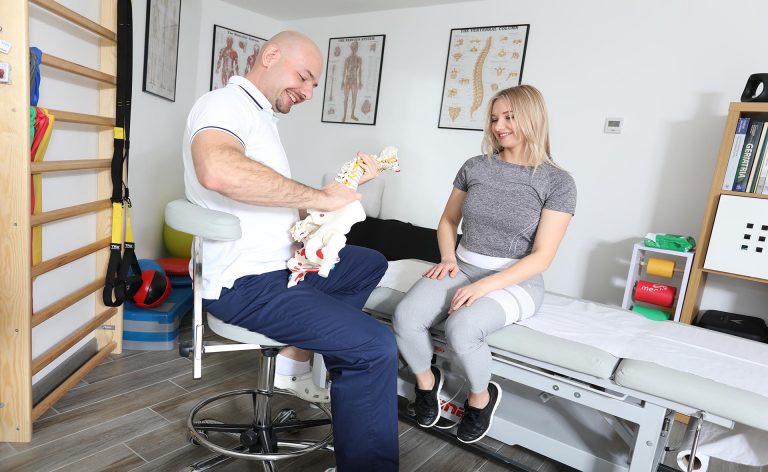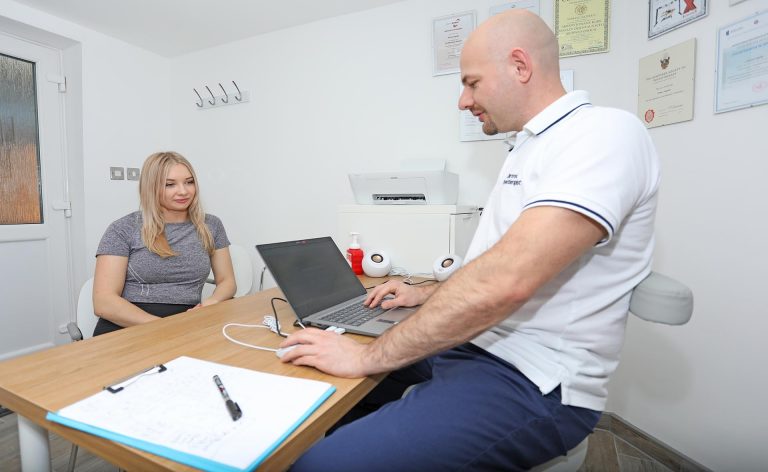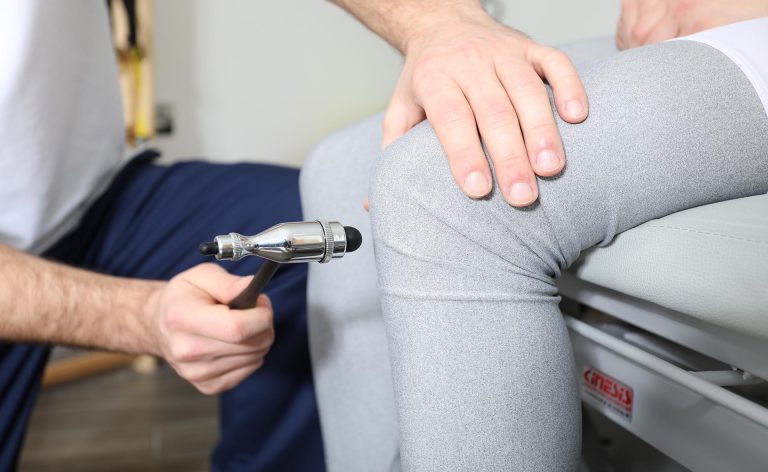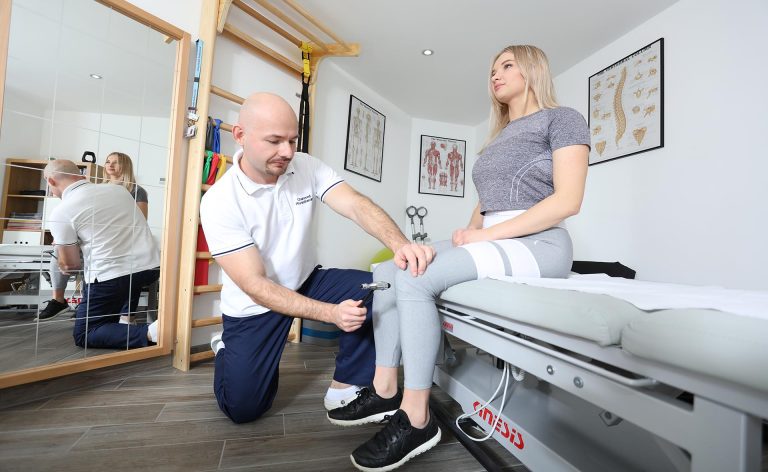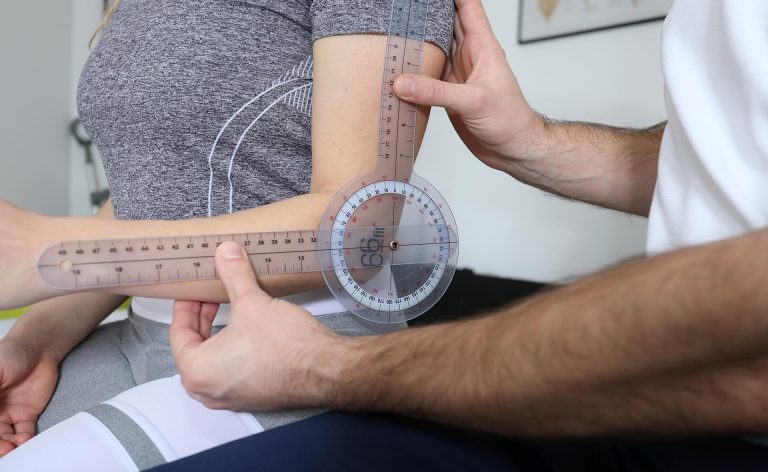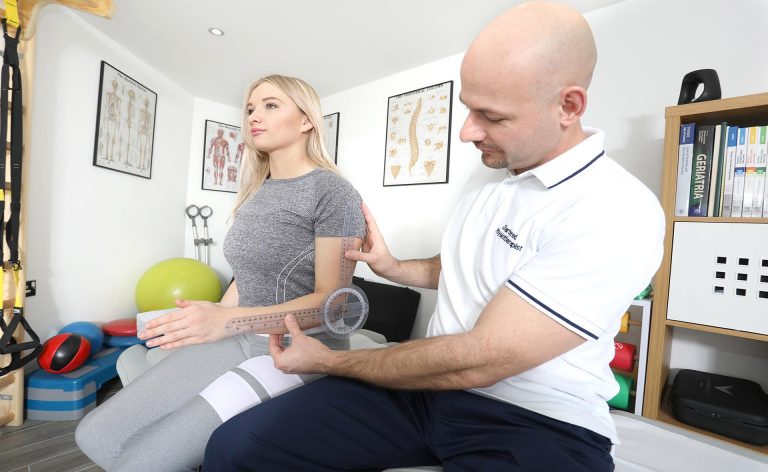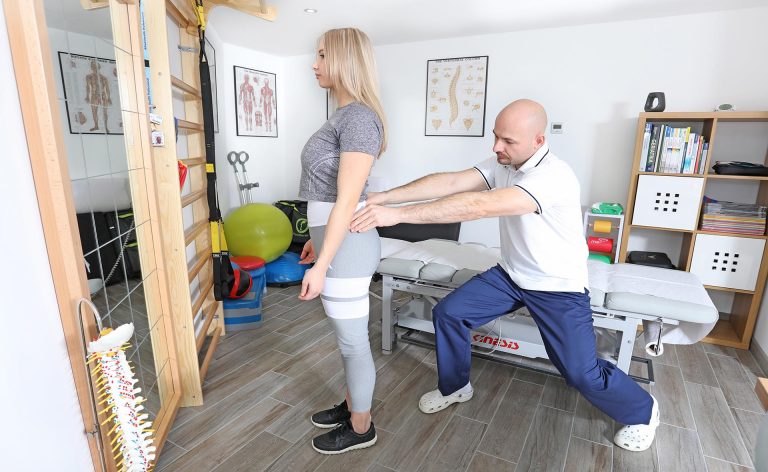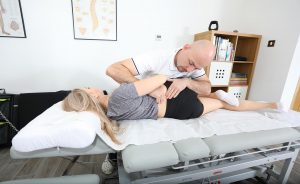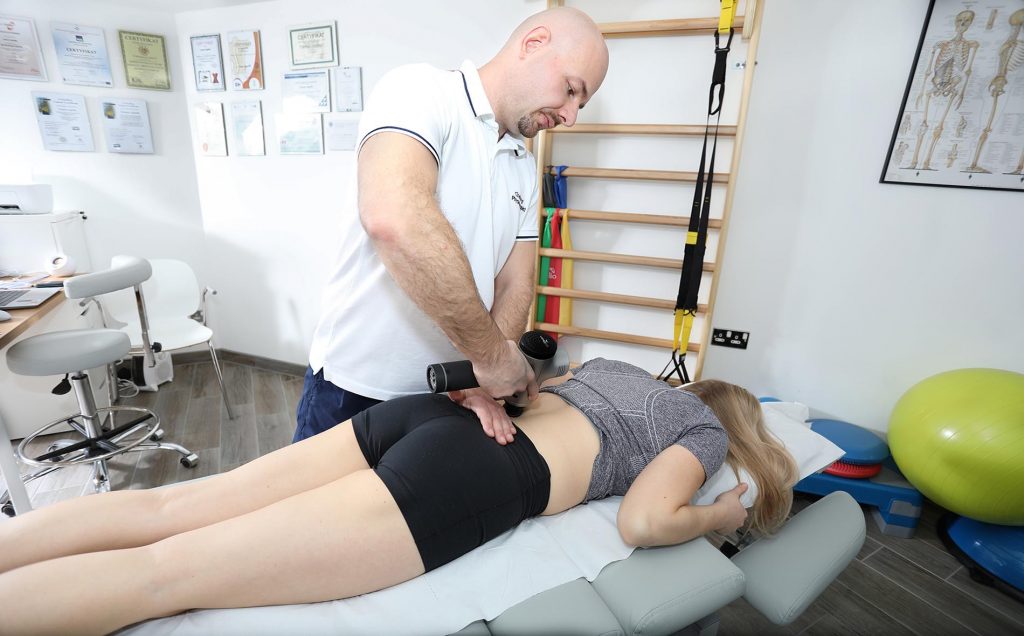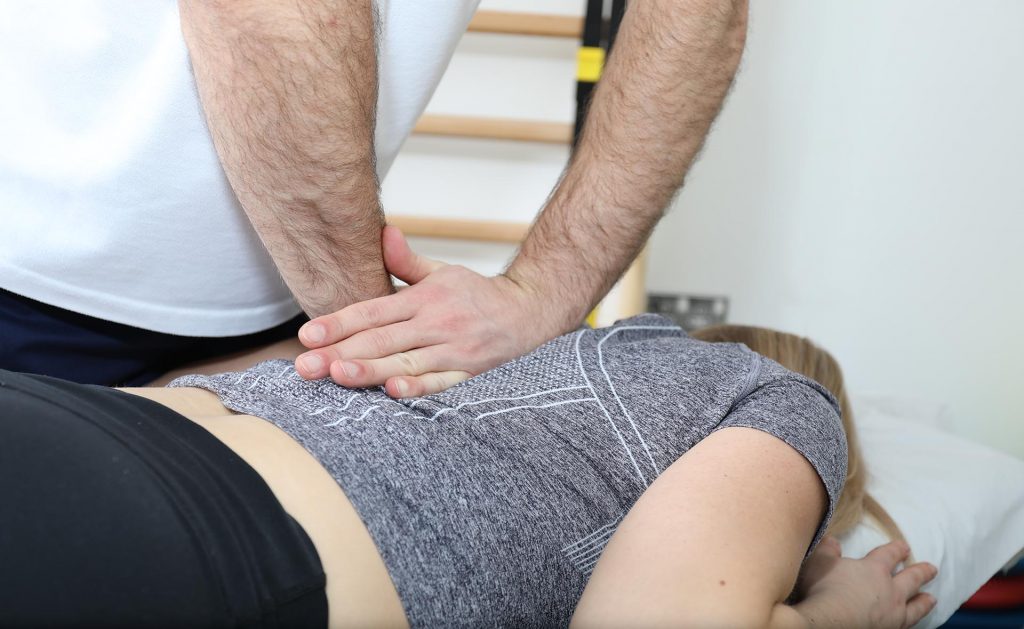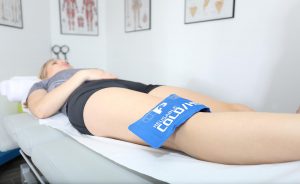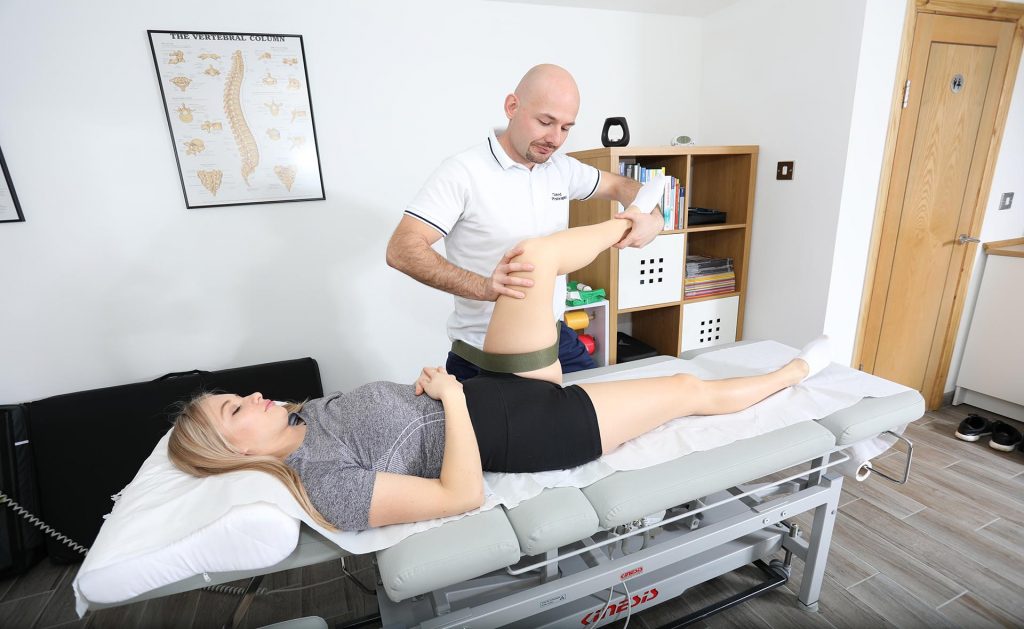Physio Assessment and Examination
Your first appointment at PhysioCraft begins with a detailed physiotherapy assessment and examination. This is the foundation of effective treatment. From the moment you arrive, I observe your posture and gait to identify possible dysfunctions. A thorough consultation and physical examination allow me to understand your condition, identify any contraindications, and create a personalised treatment plan that addresses the root cause of your problem.
Physio Assessment and Examination
At PhysioCraft I provide professional physiotherapy assessments in Southampton designed to give a clear picture of your health and mobility. A proper examination ensures that treatment is safe, targeted and effective. The process includes:
- Patient interview
- Posture and movement analysis
- Physiotherapy tests and measurements
- Diagnosis and discussion
- Tailored treatment plan with recovery goals
A structured interview helps uncover the nature of the problem, the history of symptoms, contributing factors and any coexisting conditions. This step often reveals the mechanism of injury and ensures that important warning signs, such as red flag symptoms, are identified. When necessary, I will refer patients to their GP for further investigation.
The physical examination involves assessing posture, reflexes, muscle strength, joint mobility and range of movement. Linear measurements such as limb length or circumference may be taken, along with pain scoring using tools like the VAS scale. Orthopaedic and neurological tests are applied as needed to confirm a diagnosis.
Your results are explained in detail so you fully understand your condition. Patient knowledge is vital because awareness and motivation directly influence rehabilitation success. Treatment planning takes into account your personal goals, lifestyle and physical capacity. Clear recommendations and home exercises are always provided to support progress between sessions.
Book your appointment
What Physiotherapy Tests Are Used?
During an assessment I use both static and dynamic physiotherapy tests to build a complete picture of your condition.
Static test:
- Limb length measurements:
A centimetre tape is used to measure the length of your limbs. These measurements are taken on both sides of the body, beginning with the healthy limb, to compare symmetry. Lengths are recorded as total, segmental, absolute or relative, which helps identify imbalances or structural issues that may contribute to pain or reduced mobility. - Circumference measurements:
The size of the limbs or joints is measured using a tape to check for changes in muscle mass or swelling around the joints. These changes can be dynamic, so measurements may be repeated every few days to monitor progress. This is especially important after injuries or surgery when swelling can fluctuate. - Examination of the receptive part of the nervous system:
This test is performed if neurological conditions are suspected. Surface, deep and cortical receptors are examined to determine how well your nervous system is responding and whether there are signs of impairment that may need further medical attention.
Dynamic testing:
- Mobility testing:
Using a goniometer, I measure the range of motion in your joints. This can be tested actively (when you move the joint yourself) or passively (when the physiotherapist moves it for you). Sometimes mobility is measured in simpler ways, for example the toe-to-floor test to assess the lumbar spine. These tests highlight restrictions and help track improvements over time. - Muscle strength testing:
The Lovett scale is used to measure muscle strength. This six-step scale ranges from 0 (no contraction) to 5 (normal strength for that muscle group). The test is performed in different starting positions with resistance applied depending on your functional state. It helps identify weaknesses that may contribute to injury or limit performance. - Functional tests:
These are designed to assess the performance of specific parts of the body. For example, the Otto test measures mobility of the thoracic spine, while the Apley test checks for potential meniscal damage in the knee. These functional assessments give clear insight into how your body is working in everyday movement and sport.
Book your appointment
Physiotherapy Examination in Southampton
Every physiotherapy examination at PhysioCraft is carried out with precision and care. Years of clinical experience, combined with up-to-date rehabilitation knowledge, allow me to accurately assess injuries and select the most appropriate treatment. By evaluating each muscle, joint and tendon in detail, I can create a programme that restores movement, reduces pain and helps you return to full activity.
Consultations may include neurological testing, functional assessments and in some cases recommendations for additional diagnostic scans. This ensures that treatment is targeted and effective, moving you from pain and limited mobility to improved function and long-term recovery.
If you are looking for a trusted physiotherapy assessment and examination in Southampton, PhysioCraft is here to guide you from diagnosis through to rehabilitation.

